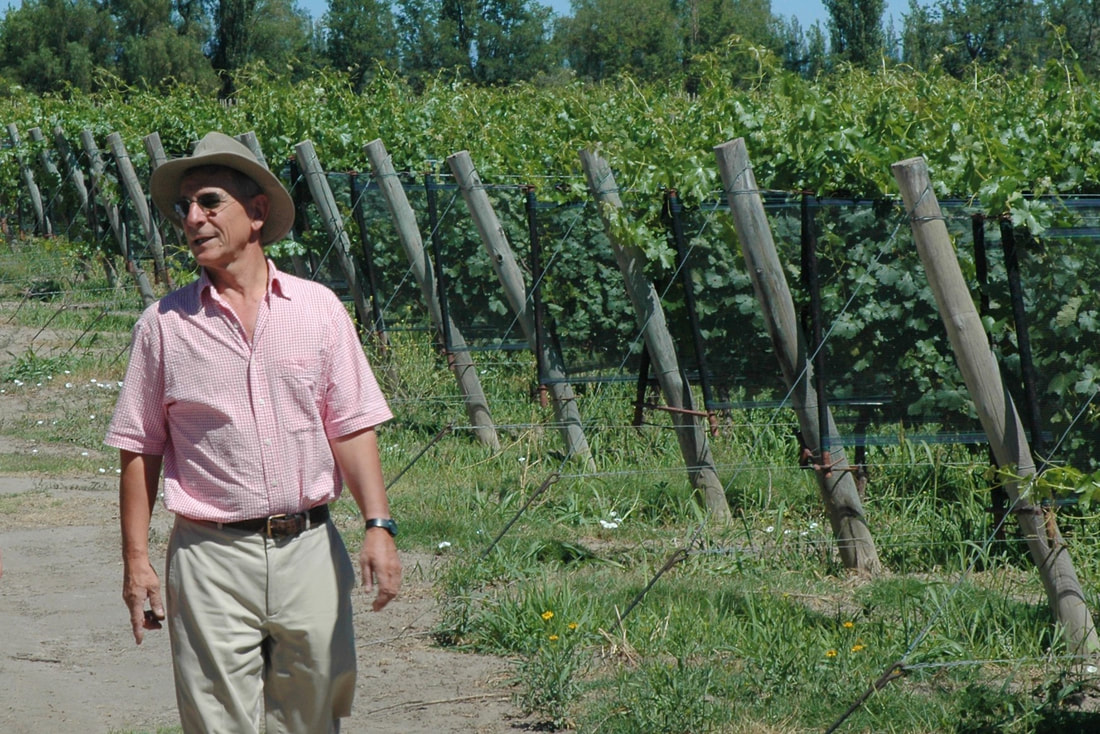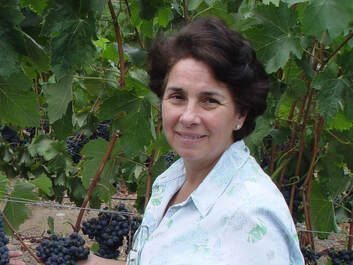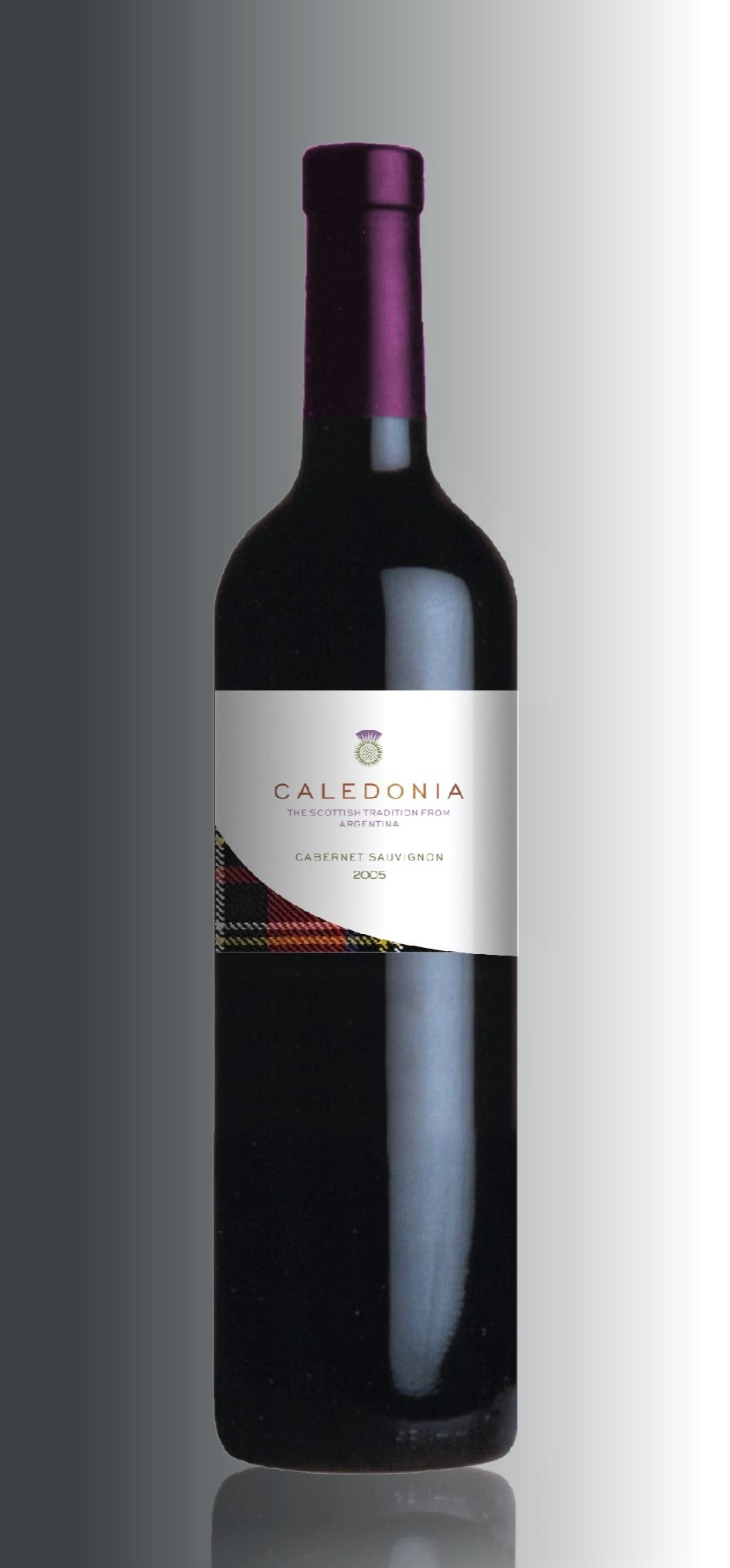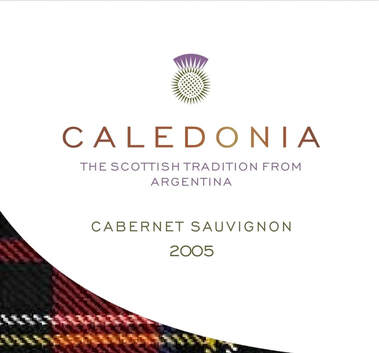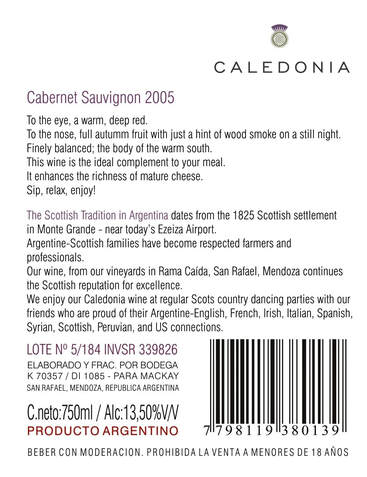Confessions of an Accidental Wino - Episode 1 - by Ronald Mackay
Accidental as in happening by chance, unplanned, there but for the grace of God go I.
Not even in my wildest dreams did I imagine I’d become a wino, a professional wino at that!
Now, don’t misunderstand me. I don’t mean one who habitually overindulges or an indiscriminate drinker of dubious alcoholic beverages. Nor do I use the word to mean one who is frequently intoxicated, or a derelict whose addiction has brought him life on the streets.
By wino I mean one who attempts to make a living from the conversion of fine grapes grown in sunny climes into the nectar of the gods.
I need to tell you that making a living as a wino is challenging and complicated. It involves bottles and labels, cardboard boxes and barcodes, cold calls to potential customers and persuasive conversations with restaurateurs. It involves testing samples, it demands export licenses, bills of lading, prepaid transportation, and tariffs. If all goes according to plan, the wino may eventually deposit a cheque into his account to cover costs and a little more. But not always.
Now you know that my stories will be about my life as an accidental wino. But I won’t bore you with how it started, what led up to becoming a wino, nor why I no longer am. These details can wait. First, I’ll tell you a story so that get a feel for what a day in the life of an accidental wino is like.
***
“Listen to this!”
Viviana’s eyes open wide as I read the email that popped into my inbox:
“I am an independent wine merchant based in the Borders of Scotland. I am bringing group of clients to Chile and Argentia to taste wines. We will be in Chacras de Coria, Argentina on the 27th and 28th of March. As a fellow-Scot, would you be willing to bring your wines to our hotel on the 28th so that we can sample them around 6 p.m.? It is likely that we may conduct future business to our mutual benefit. (signed) Mr Gribbin.”
“You will say yes!” Viviana was radiant.
“I’ll shout it from our rooftop here in San Rafael, so that Mr Gribbin can hear it in his wine store 12,000 kilometres away in the Scottish Borders!”
Was this our first big break?
Over lunch, we dreamed about regularly exporting containers of our wine to the UK. After two years as professional winos, we were still at the stage of exporting only sixty cases at a time to Poland, twice a year. Such a small number involved packing the cases onto a pallet and sharing a container with three or four other small exporters.
***
Sixty cases of wine, each containing 12 bottles may seem a lot to you, as a drinker, but to us as winos who produced more than 40,000 bottles a year, selling sixty cases of wine here and sixty there wasn’t making a big enough annual dent on our stock. Slow sales our storage facilities would be bursting at the seams.
***
“Would-be” entrepreneurs – and we fell into that category -- tend to naively anticipate their own success. They fail to consider the rough patches, the accidents, the obstacles and all the broken glass that is strewn on the road to success. Sometimes the casting of broken glass is intentional, sometimes it’s the result of an unavoidable mishap. Eventually, I’ll tell you about all the broken glass we’ve walked over.
***
But back to Mr Gribbin and his busload of Scottish wine-tasters. They were exactly what was needed to champion Fincas CALEDONIA, the brainchild of a fellow Scot (me) and his Peruvian wife (Viviana) and set them on the road to export sales and business triumph.
My good friend and winemaker, Damian Vinci, agreed to accompany me on this venture.
“We’ll take six wines with us.” Damian was experienced at hosting tastings. “It’s a three-hour drive across the plain to the hotel in Mendoza. We’ll have to pack the wine in ice.” Temperatures in our province regularly reached 40 C. Siesta hour was observed. Not even the dogs barked.
“We’ll have to sacrifice our siesta,” I said ruefully.
“It’ll be worth it, Ron! How pleased this wine merchant will be that you’ve taken the trouble. Think of the joy on the faces of his twenty-eight clients.” Damian was used to making sacrifices to please customers.
“Think of the orders that are likely to follow!” Viviana was more pragmatic. She was privy to the precarity of our business.
So, on the afternoon of the 28th, Damian and I drove the scalding two-hundred and fifty kilometres across the semi desert plain, from San Rafael to the boutique hotel in Chacras de Coria.
***
“Señor Gribbin and his company postponed their arrival until later this evening.” The hotel manager seemed none too pleased to have lost the previous night’s booking.
We’d arrived thirty minutes early, giving us time to prepare our wines for the tasting. “Mr Gribbin didn’t tell us that he’d be a day late.”
The hotelier shrugged. He was rueing his own loss.
“We expect to offer them a wine-tasting at six o’clock.” Damian looked concerned. “When do you expecting him?”
Again the hotelier shrugged. “Mr Gribbin said they’d been delayed and may be here for seven or eight o’clock.”
“So late!” Damian was concerned for the condition of our wines. “We need fresh ice”
Half-heartedly, the hotelier instructed an employee to take fresh ice to the tasting room. Damian and I unpacked glasses and prepared trays. We packed ice around the bottles.
We waited. And waited. We told each other amusing stories. We laughed. We disguised our worry.
***
Mr Gribbin and his crew of exhausted Scottish would-be wine-tasters arrived at eight thirty.
“I’m Ronald Mackay, director of Fincas CALEDONIA.” I held out my hand. “This is Damian Vinci, our winemaker. “Mr Gribbin offered neither apology nor his hand.
“Your wine-tasting will have to wait. We must shower first.” Mr Gribbin’s ‘your’ rankled. He’d requested the wine-tasting. He’d made it clear we must offer it free of charge. We’d agreed, buoyed by his suggestion that our compliance might bring us business.
His guests struggled off to shower, but not before the manager told them that dinner would be served in at 10 p.m. prompt. I looked at my watch. We’d have to squeeze what should have been a leisurely tasting of six wines into just over thirty minutes.
The visitors, spent and drained, began gathering just after nine o’clock. Damian stood by the wine bottles bearing our CALEDONIA label. I tried to establish a rapport with some of my fellow Scots. After a taxing bus trip over the Andes from Chile to Argentina, they barely responded.
“Welcome to Mendoza!” I struggled to sound hearty. “Welcome to the wines of Fincas CALEDONIA. We represent the Scottish tradition in Argentina.” I could have told them about the waves of Scottish immigrants into Argentina, among them my own great-grandfather, but in the interests of time I refrained.
“One minute.” Mr Gribbin interrupted. “First, I must run through our plans for tomorrow.”
“What did he say?” Damian spoke no English. I explained. He winced. Disappointment and the thought of a three-hour drive home was getting to Damian.
Mr Gribbin finished pontifying. Clearly, he liked to impress his guests. It was equally clear that his guests played the role of obedient followers.
***
Damian began with CALEDONIA’s refreshing sparkling wine. The company perked up. They looked at Mr Gribbin. Mr Gribbin nodded. Relieved at his approval, his guests nodded too. All swallowed. Some waved glasses and Damian poured again.
Then the Semillon followed by the Torrontés. Damian explained each wine in Spanish, I translated. The guests looked to their leader to determine how to react. Damian was pleased by Mr Gribbin’s approving nods.
Conscious of time, we moved much faster than we would have wished.
“I’ll keep it down to five.” Damian whispered to me.
He poured our Pinot Noir, his pride and joy. “Low in tannin, smooth and intensely fragrant,” I translated. “An excellent vintage. One of our best Pinot Noirs ever.” Damian was a winemaker of twenty-five years standing.
Damian sipped. I sipped. Mr Gribben sipped. His guests sipped and sipped again. They looked to Mr Gribbin, though their eyes suggested they needed no approval to appreciate this fine Pinot Noir.
Dramatically, Mr Gribbin sipped, paused, spat, and sipped again. expressionless. He frowned. He contemplated the ceiling. Then he spat. His followers looked puzzled.
“Please repeat what your winemaker said about this wine.” An order to me.
“Low in tannin, smooth and intensely fragrant. An excellent vintage. One of our best Pinot Noirs ever.”
With all eyes on him, Mr Gribbin sipped again, he frowned and stared at the ceiling. He spat noisily and theatrically poured out the remains of the wine in his glass.
He paused for effect. “I guess I really don’t understand this wine!” He made a dismissive gesture and jerked his head away from the waiting Damian. At me, he directed a dismissive “Thank you.” Then, to his followers: “That’s it. Let’s go. We must get to the dining room!” He sounded triumphant.
Damian winced as the remains of glass after glass of his best Pinot Noir were discarded by Mr Gribbin’s twenty-eight acolytes
***
Damian and I drove three dark hours home, through the drylands, exchanging barely a word.
Our vineyard, Fincas CALEDONIA, Ronald and Viviana, 2007
